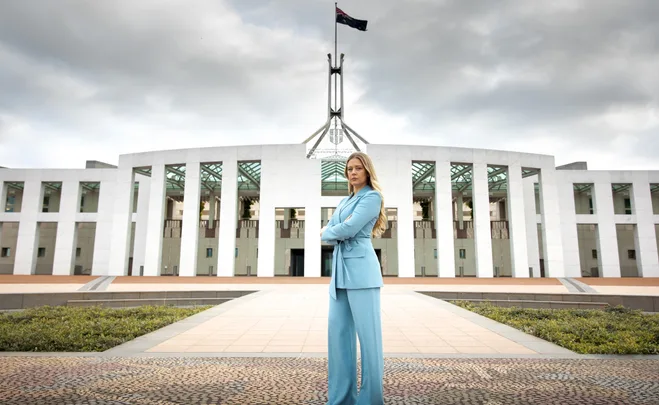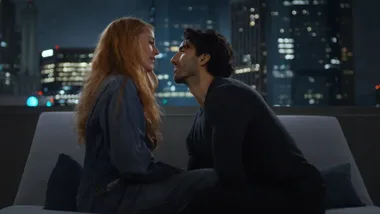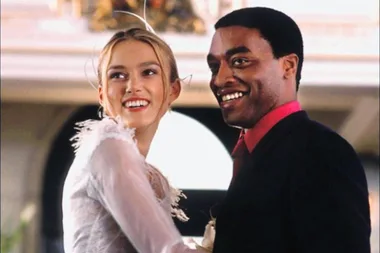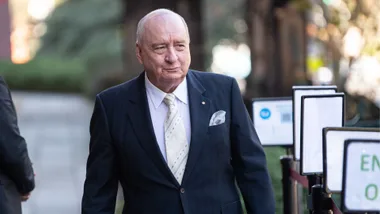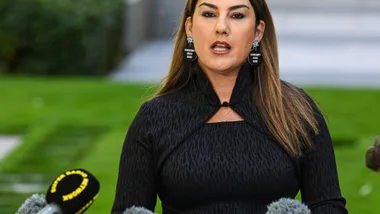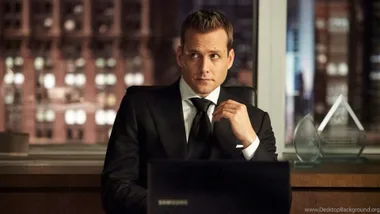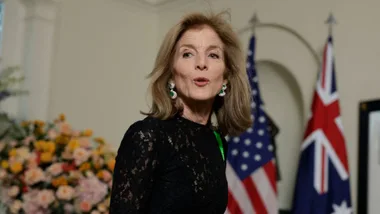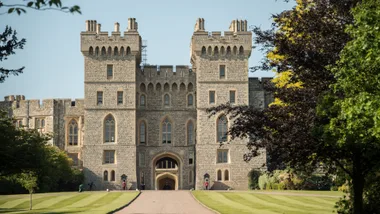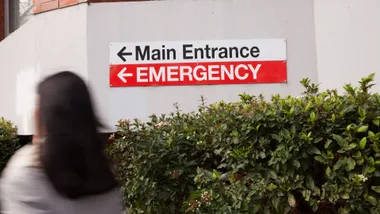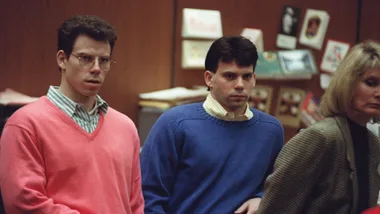Thursday, December 2 marks The International Day for the Abolition of Slavery. Originating in 1949, it marks the date of the adoption of the United Nations Convention for the Suppression of the Traffic in Persons and of the Exploitation of the Prostitution of Others.
Focussed on eradicating modern forms of slavery, which includes human trafficking, sexual exploitation, and detrimental forms of child labour, the day is an opportunity to educate and inform the world about how far we’ve come, and what more we need to do.
Ahead of the International Day for the Abolition of Slavery on December 2, we chat to UN Goodwill Ambassador Grace Forrest, an Australian woman working to end global exploitation.
marie claire: What is modern slavery?
Grace: Modern slavery refers to the systematic removal of a person’s freedom, where one person is exploited by another or by a company, for personal or financial gain, and includes forced labour, forced marriage, human trafficking and debt bondage.
On any given day in 2016, 40.3 million people were living in modern slavery—that’s one in every 200 people on Earth. Slavery isn’t a thing of the past; many of the industries with histories of exploitation – cotton, tobacco, sugar – are still exploiting people today.
How are women impacted?
Modern slavery is a deeply gendered issue – 71 per cent of people ofmodern slavery are women and girls.
COVID-19 is only worsening the odds for girls, meaning not a minute can be spared in getting governments to act on this critical human rights issue
What is Walk Free doing to address the problem?
One of Walk Free’s goals is to change the systems that allow slavery to occur. This includes abolishing the Kafala system [relating to migrant workers and their local sponsors] and mandating that supply chains are transparent and accountable.
We’re also committed to changing hearts and minds, ensuring that harmful cultural and religious practices are tackled head-on and in partnership with local leaders and allies against the cause.
We are committed to amplifying the voices and expertise of survivors to ensure modern slavery and its core drivers are not justified and perpetrated in darkness.
Grace Forrest is director and co-founder of Walk Free, a human-rights group dedicated to ending modern slavery. She is a United Nations Australia Goodwill Ambassador and the Young Australian of the Year for WA.
Hero image: Supplied
